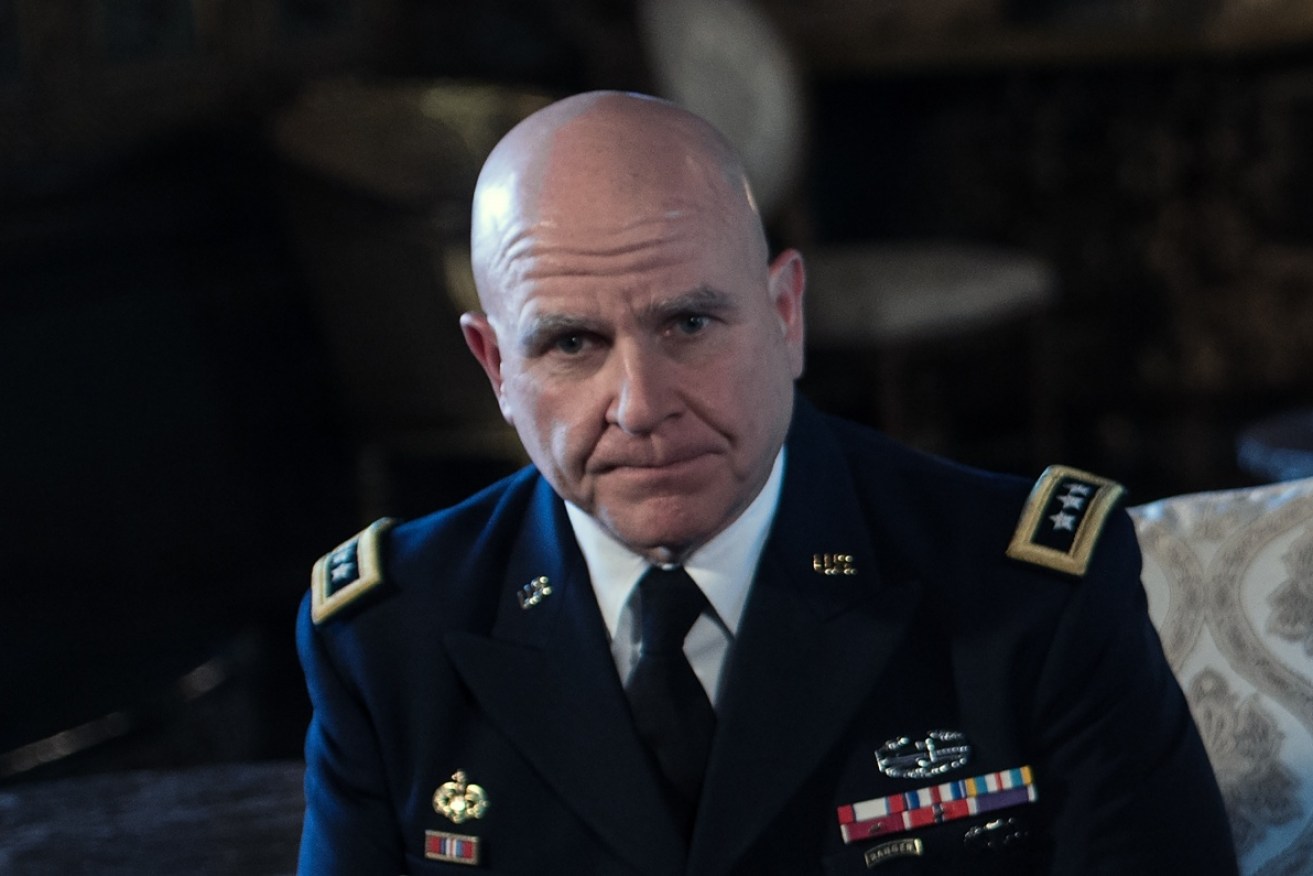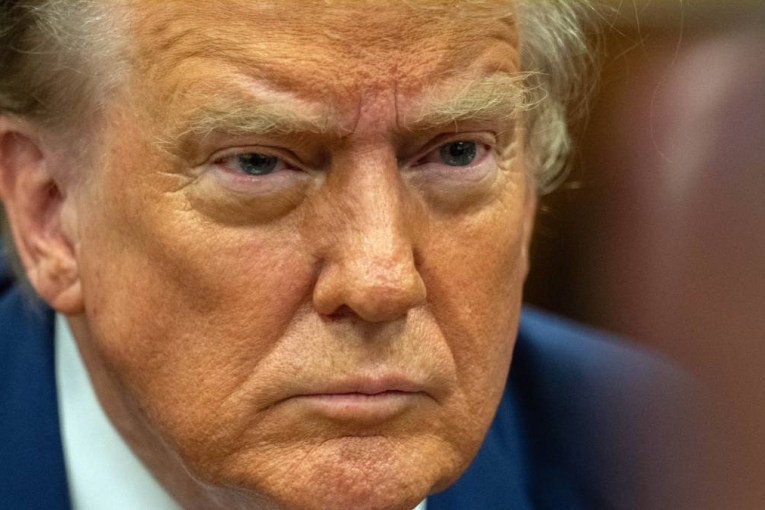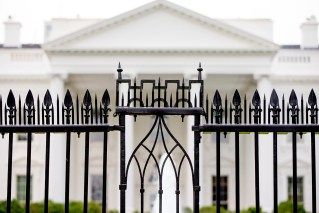Trump’s new security adviser could be a handful for the President

General Herbert Raymond McMaster is not afraid to speak his mind. Photo: Getty
United States President Donald Trump has appointed Lieutenant General Herbert Raymond McMaster as his new national security adviser.
Mr Trump continued to make key appointments in unconventional ways, performing the announcement from a luxurious living room at his Palm Beach club Mar-a-Lago.
He had been looking for a replacement for Michael Flynn, who resigned in disgrace after lying to the White House about his conversations with Russia.
“He is highly respected by everybody in the military and we’re very honoured to have him,” Mr Trump said of General McMaster.
“He’s a man of tremendous talent and tremendous experience.”
General McMaster is a highly regarded military tactician and strategic thinker, but his selection surprised some observers who wondered how the General, who is known for questioning authority, would deal with a White House that has not welcomed criticism.
He wrote a book critical of US generals for not taking a tougher line with their political masters during the Vietnam War.
“I give President Trump great credit for this decision,” Senator McCain said in a statement.
Retired Army Lieutenant General Keith Kellogg, who had been Mr Trump’s acting adviser, will now serve as the national security council chief of staff.

No thanks. Vice Admiral Robert Harward turned down President Trump’s job offer.
Mr Trump spent the weekend considering his options for replacing Mr Flynn – his first choice, retired Vice Admiral Robert Harward, turned down the job last week.
The national security adviser is an independent aide to the president and does not require confirmation by the US Senate.
The role has varied from administration to administration, but the adviser attends National Security Council meetings along with the heads of the State Department, the Department of Defence and key security agencies.
A war hero with a chequered history
General McMaster, 54, is a West Point graduate known as “HR” with a PhD in US history from the University of North Carolina at Chapel Hill.
A combat veteran, he gained renown in the first Gulf War – and was awarded a Silver Star – after he commanded a small troop of the US 2nd Army Cavalry Regiment that destroyed a much larger Iraqi Republican Guard force in 1991 in a place called 73 Easting, for its map coordinates, in what many consider the biggest tank battle since World War II.
The Iraqi Republican Guard was ousted dictator Saddam Hussein’s elite military force.
General McMaster’s fame grew after his 1997 book Dereliction of Duty criticised the country’s military and political leadership for poor leadership during the Vietnam War.

General McMaster is known for speaking his mind, while President Trump is known to be sensitive to criticism. Photo: Getty
In an interview from July 2014 with the Columbus Ledger-Enquirer in Georgia, where Fort Benning is located, General McMaster, then the base commander, said: “Some people have a misunderstanding about the Army.
“Some people think, hey, you’re in the military and everything is super-hierarchical and you’re in an environment that is intolerable of criticism and people don’t want frank assessments.
“I think the opposite is the case … And the commanders that I’ve worked for, they want frank assessments, they want criticism and feedback.”
That attitude was not always shared by his superiors, and it led to his being passed over for promotion to brigadier general twice, in 2006 and 2007.
On General McMaster’s third and last try, General David Petraeus — who took himself off the list last week for Mr Trump’s national security adviser position — returned from Iraq to head the promotion board that finally gave General McMaster his first general’s star.
-ABC








